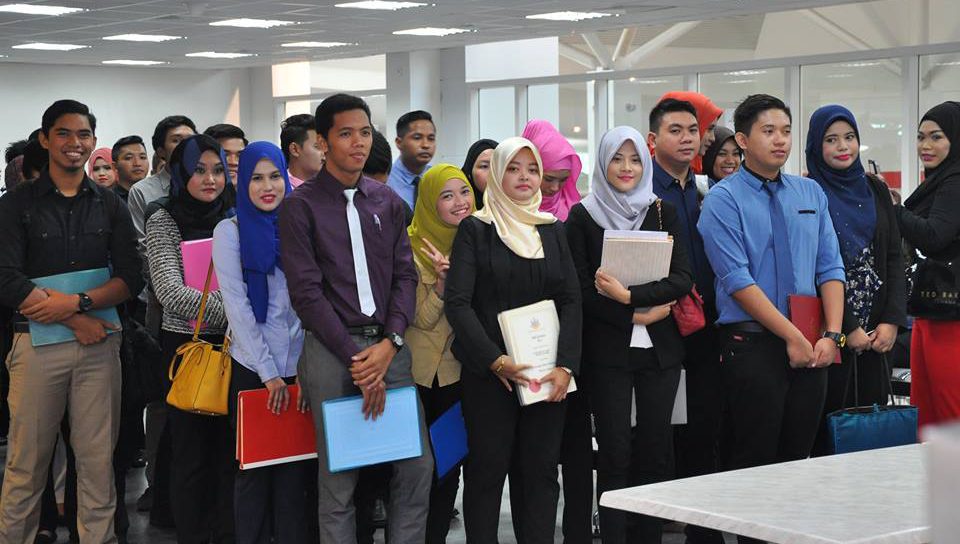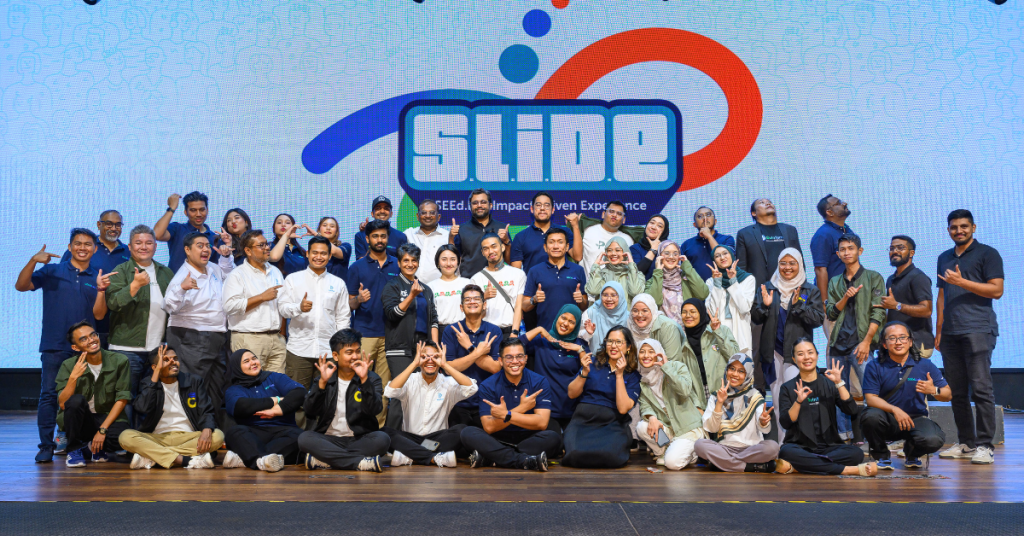Reading the article “Are Malay Graduates and Job Seekers Being Discriminated in Malaysia? Yes, They Are” by Suraya Zanuidin reminded me of a video I saw of Michael Luo who started the hashtag #thisis2016 after his experience of a racial encounter in America.
In response to his first tweet, tweets with #thisis2016 started to flood in with Asian Americans sharing their racial encounters in America.
Malays are not the Asian Americans of Malaysia. It’s not a fair comparison to make. However, are we receiving the same treatment of racism? Is this purely due to other people’s lack of work rate and quality, where the only similarity we have with them is our race?
Come on, #thisis2016. You may say it’s karma for the Malays for practicing it in the past and putting your parents or you in a difficult position at one point in life, but racism is a disease. The only way stopping it is to stop practicing it.
The Bumiputra policy has only led to brain drain of Chinese Malaysian and Indian Malaysian talents. Do we really want to make the same mistake with the new generation of Malays?
The article written by Suraya Zainudin is a good one. She based it on a solid study with facts and statistics, then she provided suggestions on improvements for both employers and job seekers.
However, I find her suggestions pretty inadequate, disappointing, and, ironically, racist to my taste, especially for the Malay graduates and job seekers. Let me go through them and add my thoughts and improvements.
1. “If you have Chinese proficiency, put it in your resume. If you don’t and have difficulty getting callbacks, take Mandarin classes at the same time.”
This is a good point, but why stop there? Language is power. I’m planning to learn a Chinese language and Tamil because I think it’ll benefit for me to cater my future patients in the rural areas who don’t speak Bahasa or English.
I think it’s a major disadvantage for Malays who don’t learn Mandarin or Tamil during school years. Both Chinese Malaysians and Indian Malaysians have one language advantage over the Malays. That’s one of the reasons I’m against Sekolah Jenis Kebangsaan (SJK). They should abolish it and instead offer languages classes for all to learn in the Sekolah Kebangsaan (SK).
In America, the Hispanics does not attend a Spanish school, so they won’t ‘forget’ their mother tongue. Instead, Spanish is offered in their syllabus. With that, Caucasians, African Americans and others also have the opportunity to conquer another language.
2. “Make more friends outside of your race. Make more friends outside of your race. Make more friends outside of your race. You’re the majority. It’s up to you to reach out to others, not the other way around. Actively attend and network in events, not just Malay-organised events. Be a good friend, be a respectful person.”
The repeated statement of ‘Make more friends outside of your race’ is quite annoying.
Yes, it does bring benefits and should be practiced. However, will it give you an advantage in your job application? I disagree. If I wrote, “I have a lot of Chinese friends” in the footer (I mean, there’s no question in the application asking about my friends, is there?), the employers won’t go, “Ah Meng, this Malay has a lot of Chinese friends, hire him!”. Also, there are Indians and Chinese who tend to stick to their own race as their group of friends. It’s not only a Malay thing.
3. “Even though you believe in your faith and race 100%, stop making remarks that make you sound stupid, non-accommodating and even violent. Be easy to work with.”
This should apply to all job seekers. I’ve worked with Indians and Chinese and other nationalities with those characteristics, but I tend to not label those characteristics towards a certain race.
It’s pretty common to see stable successful Malays employers or Malays millennials with a huge Western influence (either from studying abroad or having Western friends or working in a Western corporation) having this same pathetic view on their own race.
Just because you know or had experience with a Malay that was lazy or complains a lot, you generalised and concluded all Malays are lazy and complainers. Generalising a race based on your experience with certain individuals is racism. Knowing that an educated person or a person running a company shares this view is really disappointing.
Moving beyond racism
So, what’s my suggestion on leveling the playing field? Employers should not use race as a determining factor for job interviews.
It’s simple: Racism limits opportunities. Employers should put aside their past experience or feelings towards a certain race for the benefit of the company. These days, university graduated Malays whether local and abroad are pretty open minded and talented but opt to work abroad due to lack of opportunities. Let’s stop brain drain.
Racism exists everywhere, not just in Malaysia.
Take it from me, I’ve been to four international schools in four different countries, went to a SK in front of my house and entered Victoria Institution for a while, then to top it all, got my medical degree in Moscow, Russia.
I’ve experienced racism in all that, sometimes big, sometimes small. I’ve met the face of racism when a group of Russians beat me up without reason and without taking any of my belongings, just because I’m a foreigner. But I’ve also met open minded and accepting Russians who gave me a warmer and more welcoming reception than I’ve ever received back home.
Turning The Flow Of The Tide
I’ve concluded racism is due to upbringing and inadequate education. And, maybe even more importantly, perception. Their perception on you is based on their hatred towards your race. The most important tool towards combating racism is also perception. Your perception on racism.
I noticed today’s approach to racism is condemnation, which I disagree. Racism, hatred, and condemnation are all associated with negativity. You don’t put out fire with fire.
Yes, Suraya is right about young Malays should work hard to stand out, but all young Malaysians should work hard to stand out. Not just here in Malaysia, but on the international stage.
Malaysia has made international headlines before but all for the wrong reasons. It’s up to us, the younger generation, to bring glory and pride back to our beloved country in our respective fields. To do that, it all comes down to hard work and creativity. Those two are not race specific.
Just because you’re doing well or successful in your field, you shouldn’t be judging and condemning the less fortunate people. There’s a Malay and Islamic saying that goes, “Rezeki, jodoh, dan ajal di tangan Tuhan”. The translation is “Luck, fate, and death are in the hands of God”.
Sometimes no matter how hard you work for or how much you want something, some things are not meant to be and God has better plans for you. Patience is required and you just need to continue working and have faith. Stop the complaining, blaming and condemnation of one race. See each other as individuals, not a group.
I’m just going to end my article with a quote from my favorite superhero:

So, instead of focusing your energy towards hating and condemning a race based on an act of a certain individual or a group of people, why don’t you just pity them? It’s more energy saving and you can use the unused energy on yourself and your work. Hopefully, by pitying them, they’ll feel ashamed and change.
You can never change people, but you can always change yourself. So, let’s start with that. I have a dream of Malaysia being a country without racism. It might sound far-fetched, but if your dream doesn’t terrify you, why bother dreaming?
Let’s be better than our past generation and just ditch racism altogether.
This article was written and contributed by Azim Nasaruddin. Azim is a recently graduated doctor, currently waiting for a posting in a Malaysian hospital. He has interests in Malaysian current events, health and the startup community. He blogs at thewantedpandatalks.siterubix.com. Follow the author on Twitter & Instagram @azimhazizud.
Feature Image Credit: Berita Semasa Terkini














